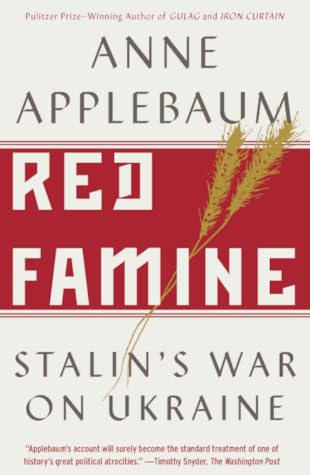More on this book
Community
Kindle Notes & Highlights
Read between
December 11, 2021 - January 21, 2022
Even the Ukrainian nationalists from Galicia found it hard to grapple with the idea of a state-sponsored famine: “Frankly, we found it difficult to believe that a government could do such a thing.”31 The thought that Stalin had deliberately allowed people to starve to death was too horrible, too monstrous, even for those who hated him.
The end of the Second World War did not quite bring a return to the status quo. Inside Ukraine the war altered the language of the regime. Critics of the USSR were no longer mere enemies but “fascists” or “Nazis.” Any talk of the famine was “Hitlerite propaganda.”
If the USSR had promised its citizens that communism would guide them into the high-tech future, Chernobyl led them to question whether the USSR could be trusted at all. More importantly, Chernobyl reminded the USSR, and the world, of the stark consequences of Soviet secrecy, even causing Gorbachev himself to reconsider his party’s refusal to discuss its past as well as its present. Shaken by the accident, the Soviet leader launched the policy of glasnost. Literally translated as “openness” or “transparency,” glasnost encouraged public officials and private individuals to reveal the truth
...more
In a very literal sense the concept of “genocide” has its origins in Ukraine, specifically in the Polish-Jewish-Ukrainian city of Lviv. Raphael Lemkin, the legal scholar who invented the word—combining the Greek word “genos,” meaning race or nation, with the Latin “cide,” meaning killing—studied
Initially, a UN General Assembly resolution in December 1946 condemned genocide in language that echoed Lemkin’s broad understanding. Genocide was identified as “a crime under international law…whether it is committed on religious, racial, political or any other ground.” Early drafts of what would become the UN Convention on the Prevention and Punishment of the Crime of Genocide also included “political groups” as potential victims of genocide. But the USSR, knowing that it could be considered guilty of carrying out genocide against “political groups”—the kulaks, for example—resisted this
...more


